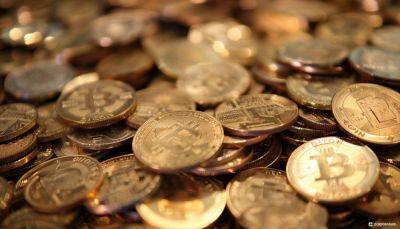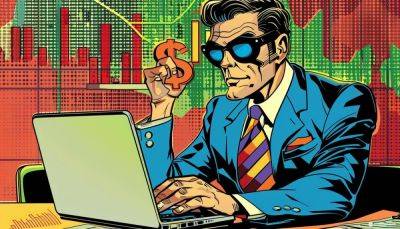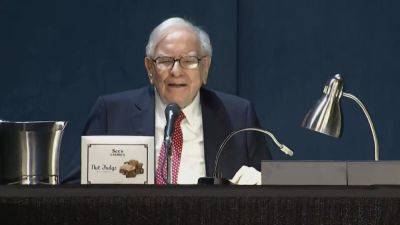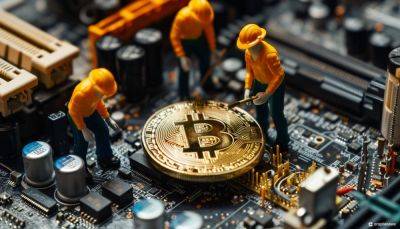37% of Americans paid a late fee in the last 12 months, report finds
Many consumers are finding it hard to keep up with their bills.
To that point, 37% of Americans have been charged a late fee on some kind of bill in the last 12 months, according to a new report by NerdWallet.
Credit card late fees were the most common, with 21% of survey respondents incurring at least one. Others had been charged late fees on utility bills, 10%, and rent, 8%. NerdWallet polled 2,061 U.S. adults in early April.
«Late fees are just one consequence of making late payments,» said Sara Rathner, a travel and credit cards expert at NerdWallet.
More from Personal Finance:
You could score a tax break for hiring your own kids this summer
Here's when paying with cash can be better than credit card
Why groceries are so expensive and how consumers may start to see relief
While you can be assessed with a late fee as soon as you miss the payment deadline on a credit card or loan, it typically doesn't show up as a black mark on your credit report until you are 30 days late, said Matt Schulz, chief credit analyst at LendingTree.
And if you're late by 30 days or more, that's when it starts to get more serious, experts say. Falling behind on payments can also come with more severe consequences, like having utility service shut off. Some consequences can be immediate, too, like car repossession.
«If you know that you're going through a financial rough time, it's definitely better to tackle it head on and not wait,» Schulz said.
Here's how to limit the impact of late fees, and work with creditors if certain life events, like a layoff or financial hardship, are impacting your ability to pay.
If you are beginning to fall behind on usual monthly payments, or anticipate you might, it's best to «speak directly to your
Read more on cnbc.com



















